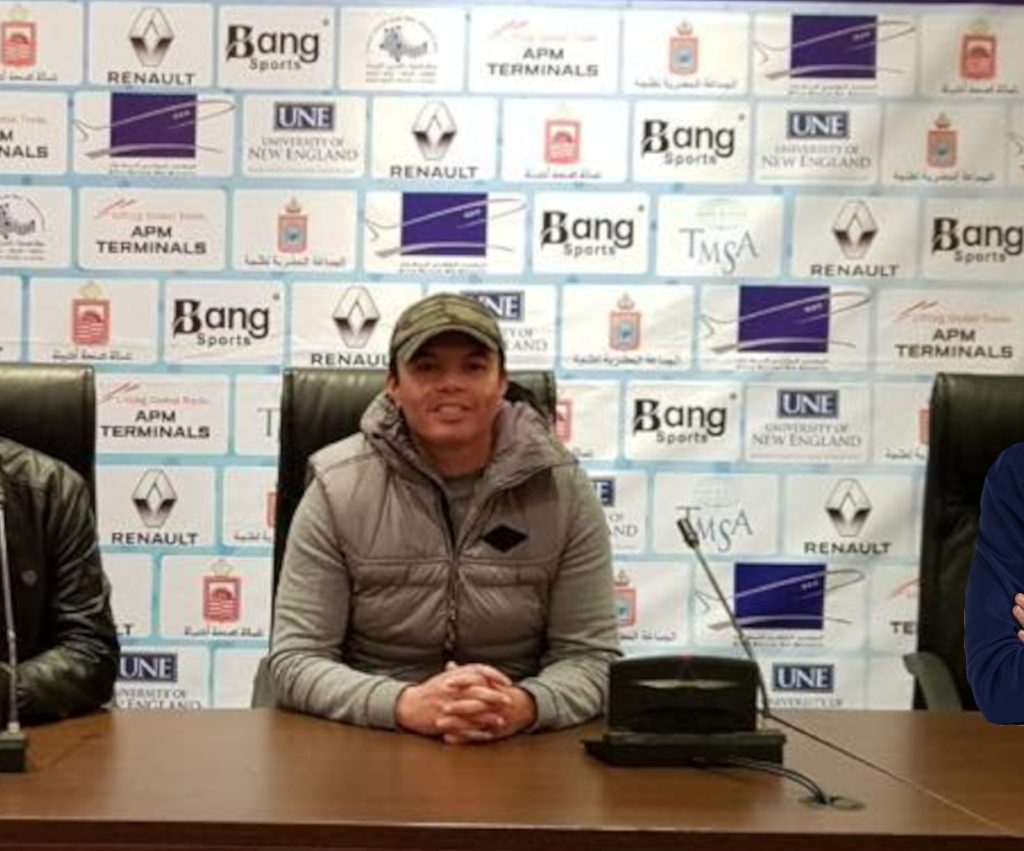
Simo Idrissi a Colorado Leader with Soccer Coaching Philosophy
SCPPNews Exclusive: The Intrinsic Code of Winning in Colorado Soccer
Denver, Colo. – We will delve in this article Simo Idrissi a Colorado Leader with Soccer Coaching Philosophy into our discussion today and speak about a well-referenced topic that is often not fully explained: Coaching Philosophy.
Quick Abstract: Simo’s Philosophy for the Denver Metro Area
Simo’s philosophy emphasizes focus, speed, and strength-based solutions, evolving from intuition to scientific integration. He develops players with tailored tools for adaptation, using sport psychology for mental codification. Efficiency stems from rigorous study, experience, and demonstration. Preparation involves opposing data analysis for innovative counters, with mental integration across all soccer seasons. This framework defines his Colorado soccer coaching philosophy.

Colorado soccer coach Simo Idrissi’s Philosophy on Leading a Soccer Team
Question: Based on your philosophy, how has it evolved?
Answer: First of all, thank you for this excellent article, Simo Idrissi a Colorado Leader with Soccer Coaching Philosophy. I’m very impressed. I believe that a philosophy in any context defines the way a person perceives and decides. It’s all about intrinsic belief and instinct. The evolution of a philosophy is not connected to learning; learning is more about behavior, not instinct or core belief. A philosophy grows with a person. When we are young, we see things the same way as today, however, the mechanism of execution shifts based on how intelligent a person is. We can’t ask any person about their philosophy and find them learning things and then shelving it as part of that philosophy. So, a philosophy is fundamentally part of how a person’s brain works. This foundational mindset is vital for any Colorado soccer coach.
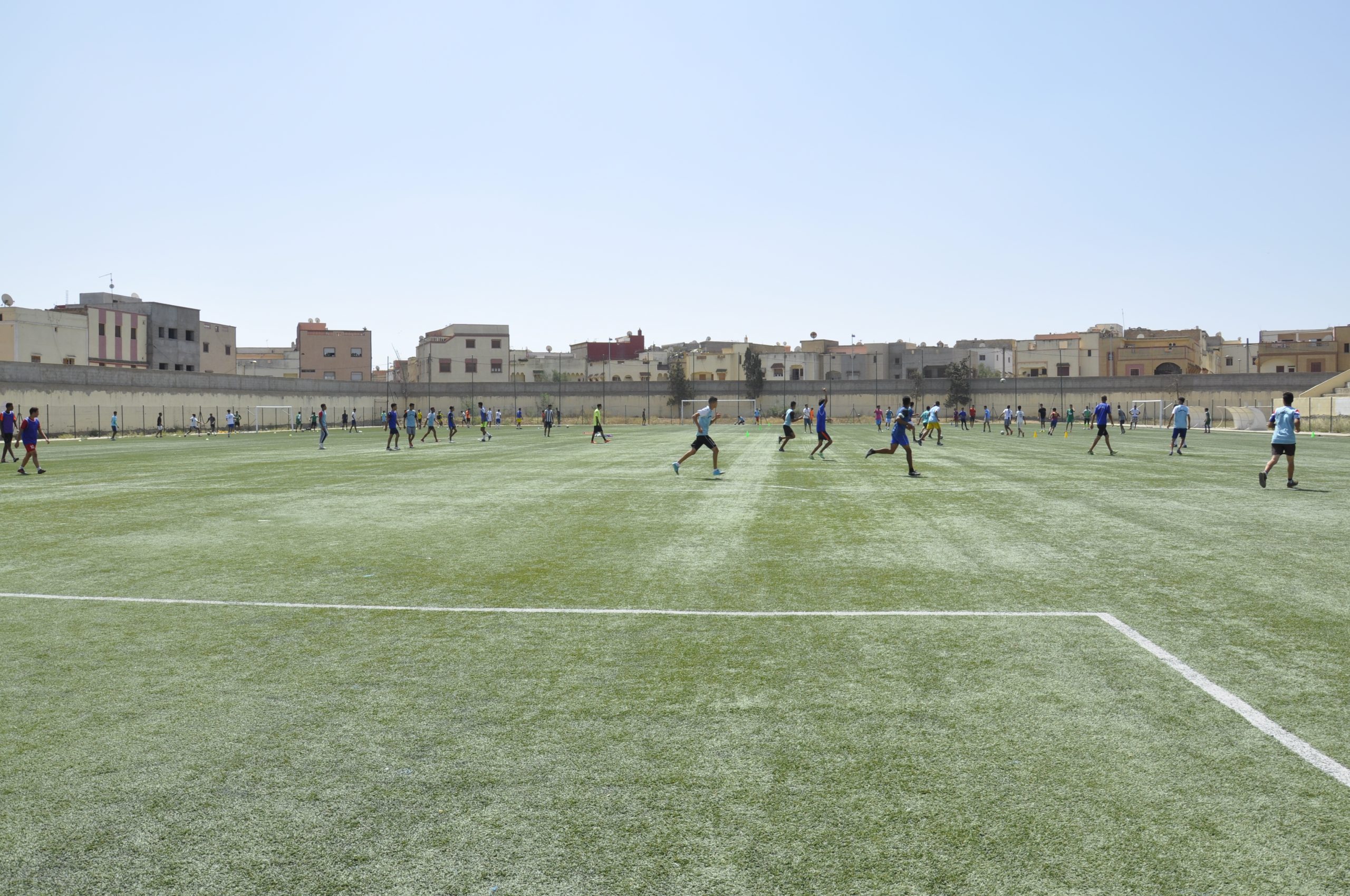
Question: However, in practical disciplines like professional coaching, philosophy is generally expected to be a dynamic, evolving framework refined by continuous experience and reflection on results.
Answer: Your question is great, but all of what you said is a result that comes from learning and external knowledge. When you try to learn something, you influence your mentality. Mental intelligence means you should evolve your behavior, which most people learn to do or adapt. A philosophy is not an external influence; it is the process of how the brain was created.
For example, I worked as an assistant with a coach a long time ago. This coach’s philosophy was winning games through attacking. He never spoke about defending because he considered attacking to be not just the process of scoring, but beating the opponent in their spaces. I liked what he said. When we started playing games, out of five, we lost four and tied once. Then we sat together, and he told me that the club warned him that if he did not win the next two games, we would all be expelled from the coaching staff.
I asked him to state his philosophy again, and he repeated the same thing, but this time he said we had “already forgotten the importance of defending.” I asked him how that was possible. He told me defending is one of our very important solutions to add. Then I found that this person is a great leader who struggles to understand a philosophy. He doesn’t truly believe in his strategies; he is only pushed by external influences to create a result.
Then I told him, “You are a great coach, but I don’t see you presenting what you believe, but what you think should happen.” He smiled and said, “Exactly, you hit the point of what I am speaking with myself about.” He asked what he should do. I told him: write down your belief—the conviction that lives inside you, not what you learned. What you learned should be reserved for later use. Then, he came back and said, “Now this is my philosophy: I believe that our faster players should start playing, and those who are slightly slower are great in defending.” I asked him how he knew this. He said, “This is what I have felt throughout my entire soccer journey: that faster players can score but are prone to quick tiredness, and those slower players can defend and also score.” We won four games because of his belief; we were able to adjust the team to make our results better.
Question: You successfully guided the head coach to abandon learned strategies and revert to his intrinsic belief, which then led to immediate wins. If the core of a philosophy is an intrinsic belief—a feeling or instinct you’ve held your whole life—how does a coach discover or articulate that internal, fixed philosophy? Is it an act of deep reflection, or does it only reveal itself when their external strategies fail?
Answer: One day, the agent I often work with sent an email about a coaching opportunity. I read on the job description that the club is searching for a coach who wins games. My question “Is this job description one they’ve used in all of their recruiting, or did they just write it?” He said, “I have had this job description for about the last eight years; they haven’t changed it since.” I then found the coach who was just released. I asked him how that coach had answered this job description. The agent said, the coach claimed he knows how to win, and he was built mentally to win. I told him all coaches will say that, but this coach overestimated the condition. The agent said, this coach was able to coach youth national teams and professional clubs four times. What he said, we believed. But when he started coaching, he wasn’t sure why he was losing the game. Now that I’ve shared this example with you, do you understand my response to your question? This kind of self-awareness is essential for any coach in Colorado Springs or the Denver Metro area.
Question: Coach Simo, you maintained that your philosophy is a fixed, intrinsic cognitive process or instinct, sharply separating it from learned behaviors or external influences, which are merely adaptive results of that core identity. You demonstrate that genuine professional success is achieved only when a coach abandons failing, superficial strategies and aligns their behavior strictly with that deep, authentic internal belief.
Answer: All coaches draw from past lessons for intuition-driven performance. Mine centers on focus, strength, and speed performance, prioritizing solutions over defeat risks. Sharpening experiences builds intelligence—philosophy isn’t opinion but belief in capabilities. For a mid-level team facing superiors, I ignore weaknesses and amplify strengths. Once, I coached an 18-to-28 mixed squad for promotion; most were neighborhood amateurs. After a month spotting errors, I distributed strength audits, purposefully ignoring flaws. Defensively strong, they thrived on direct play and counters—not short passes. I organized defense-to-attack switches, hiding trends. League openers surprised opponents: we fatigued them into mistakes, drawing or winning via focus. Losses came from lapses; we rebuilt mental resilience with rest. This philosophy fuses intuition, university sports psychology, and logic, delivering precise role information. This is the application of the Colorado soccer coaching philosophy.
Winning games always comes from strong and professional preparation. Missing that puzzle piece, the outcomes crash badly. It is easy to lose a game, but very difficult to win constantly six games in a row without real preparation. I lost many games when I wasn’t giving enough attention, so I decided in my belief that I will never have “extra things” to do when I am coaching a team. Since then, all the results have been positive. So, in my philosophy, I believe that winning comes from strong and professional preparation on pre-season, in-season, and also on game day.
Question: If preparation—which involves external data collection, training schedules, and logistics—is now part of your fixed philosophy, how do you reconcile this with your earlier premise that philosophy is not learned behavior? Does the concept of “strong and professional preparation” become the fixed, core philosophical instinct itself, or is it the ultimate expression of that instinct in a highly disciplined and learned professional routine?
Answer: It just becomes a result of a clear perspective. It’s a clear perspective on what I should do because I was built genetically. Seeing things the way I see them made me unique, just as others are unique from each other. If I believe that strong and professional preparation is the code of winning, it’s because that is what my instinct dictates. The core of winning is not fixed; the core of winning also needs experience and science. When a philosophy is built on a rock, all weather conditions will not make it drift.
I will tell you something: I myself, before doing anything, prepare professionally and responsibly. When I am prepared to do something, and if that thing needs financing, then I go to the bank that I already planned to visit and get money, drive where that thing is, give the money, and get the thing. If that thing is big, then I already planned the safest ways to carry it. When that thing is inside my house and nothing happened to it, my mission is complete because I accomplished it successfully. Don’t you think this is a winning behavior? Yes, because it was built on a philosophical foundation. This discipline is what we try to instill in every player in Denver youth soccer.
Final Saying: The Bedrock of Coaching in Colorado
Colorado soccer coach Simo, who has lived long enough in Colorado and understands the soccer culture in this area very well, confirms that the instinct or will to maintain “strong and professional preparation” is the foundation, genetic component of his philosophy, acting as the bedrock that cannot be moved. The detailed actions—like gathering opponent data or planning logistics—are simply the necessary, learned behaviors that represent the ultimate expression of that inherent, winning perspective. His logic concludes that while the method of preparation is flexible, the foundational conviction that preparation is the code of winning is his non-negotiable philosophical core.
Player Development Methods Based on Simo’s Philosophy
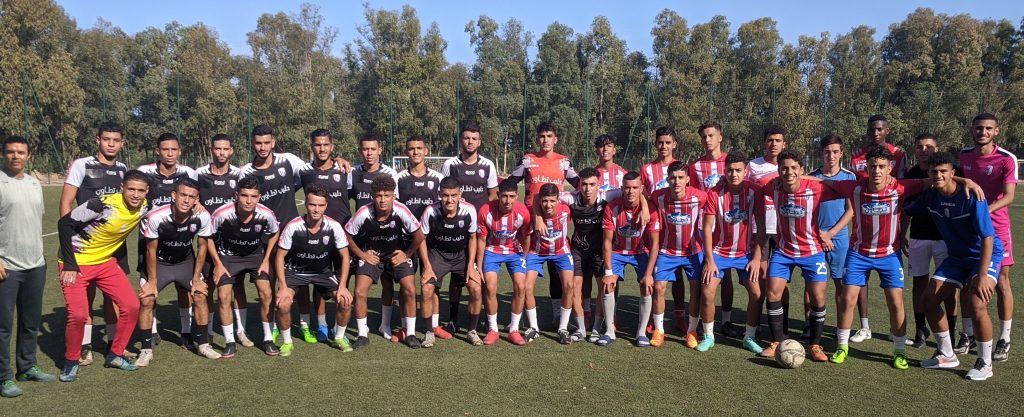
Youth players up to 19 need formation; those over 19 integrate into adults. This is my culture, and this is the way we all learned and prepared for. Is it an external influence? Yes, it is! As a hopeful player, I overcame obstacles by seeking club coach guidance, refining skills via tryouts amid 60-plus competitors. Post-15-year retirement, certifications deepened my whole perspective as a leader or a coach.
Development varies: Rosters get adaptation tools; substitutes learn game-reading, spacing, and sub-second decisions. Mental factors boost all, but time erodes focus—high-concentrators endure, others err. Sport psychology codifies steps, and tactical success falters without mentality. We enhance ability via decision drills. For contracted players only—others filter through identification first. This process is key to development across the Denver Metro area.
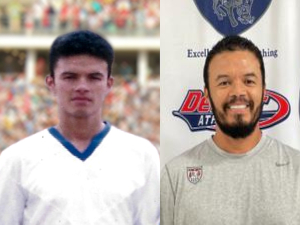
Efficiency as Long-Term Foundation
Coaching mastery ties to culture, intelligence, certifications, and experience. Efficiency equals years studied, field-tested, and demonstration chances. Without preparation and practice, core value weakens. Coaches communicate with players, not always outsiders. Training hinges on maturity, emotional intelligence, strength, and talent—if leadership fails, experience is wasted, and philosophy was in fact just an imagination. Competence organizes all dimensions; lacking elements demands hard work. Am I competent? Yes—I have played, coached, studied extensively, and grasped mental limits. Daily research keeps me ready, and long-term analysis drives team focus. Losses signal coach gaps; vision orients efforts despite hurdles like multi-game injuries—competence solves via adaptability. This dedication is a requirement for any Colorado soccer coach. Is this preparation? Yes, it is! Does this lead to winning? Yes, I always prepare 100% to win.
Game Preparation and Strategies
In this article Simo Idrissi a Colorado Leader with Soccer Coaching Philosophy, I distinguish preparation from game-day execution: The seasonal start begins post-last game, using pre/in-season data to fix gaps. Game-day spans days pre-match; weekly singles allow six-day builds. Periodization modifies patterns—physical versus tactical, plus nutrition/vacation/recovery systems. My off-season article details shape-maintenance on break.
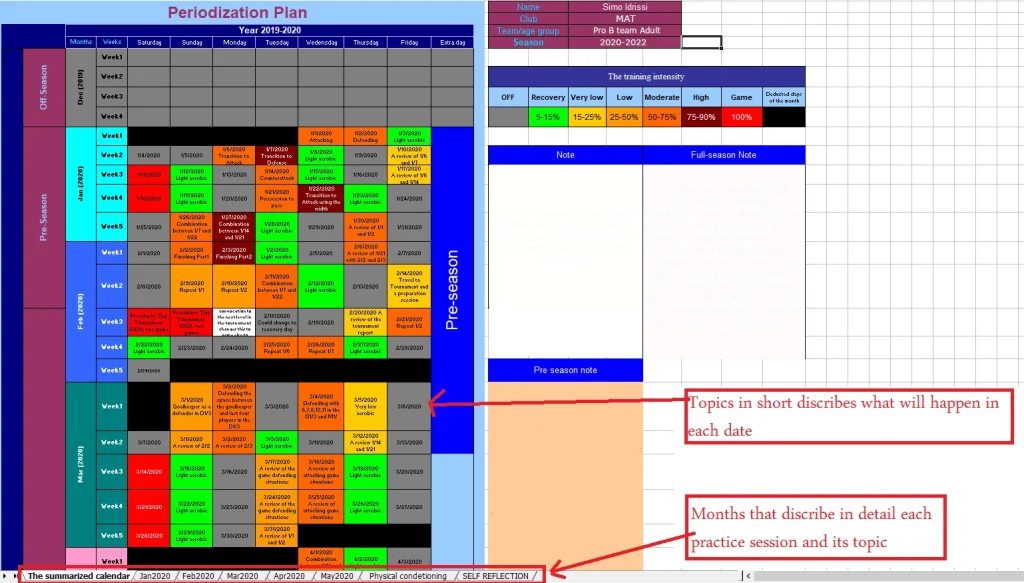
In-season strategies organize efforts; plans fit broader goals. We dig opponent events—there is no universal attack or defense. Data without pre- and live-game analysis fails. We study strengths, create mistake-baiting events, and exploit timings. Matches demand challenges; players master concepts, owning roles under monitoring. We change tactics/roles mid-game; mental prep copes across seasons.
Sociologically, aiding family controls for comfort. In-season mindset: Problems don’t derail short goals—long-term focus rules. No forced bonds; intellectual maturity and emotional intelligence handle pressure. Training on Colorado soccer fields is where we execute these strategies.
Running games requires reading foes and empowering players to act. Halftime shifts overhaul communication and attacks fully. Focus is constant; I speak clearly for steps. Starts use compact defense and possession to probe styles—an old secret, now evolved. We have successfully resisted crises, like a 10-minute mass substitution post-injury; role swaps saved results.
Success: Coach-player understanding—pressure-proof players get changes; focus-lovers prep first. This is applied from Colorado Springs to the Centennial area coaching territory.
For Simo’s tactical applications, see U.S. U-15 UEFA analysis (link-to-article-1). Explore his bio at Simo Idrissi Expert Profile (link-to-article-5). Don Carlson is SCPPNews’ lead soccer editor. Email don@scppnews.com.